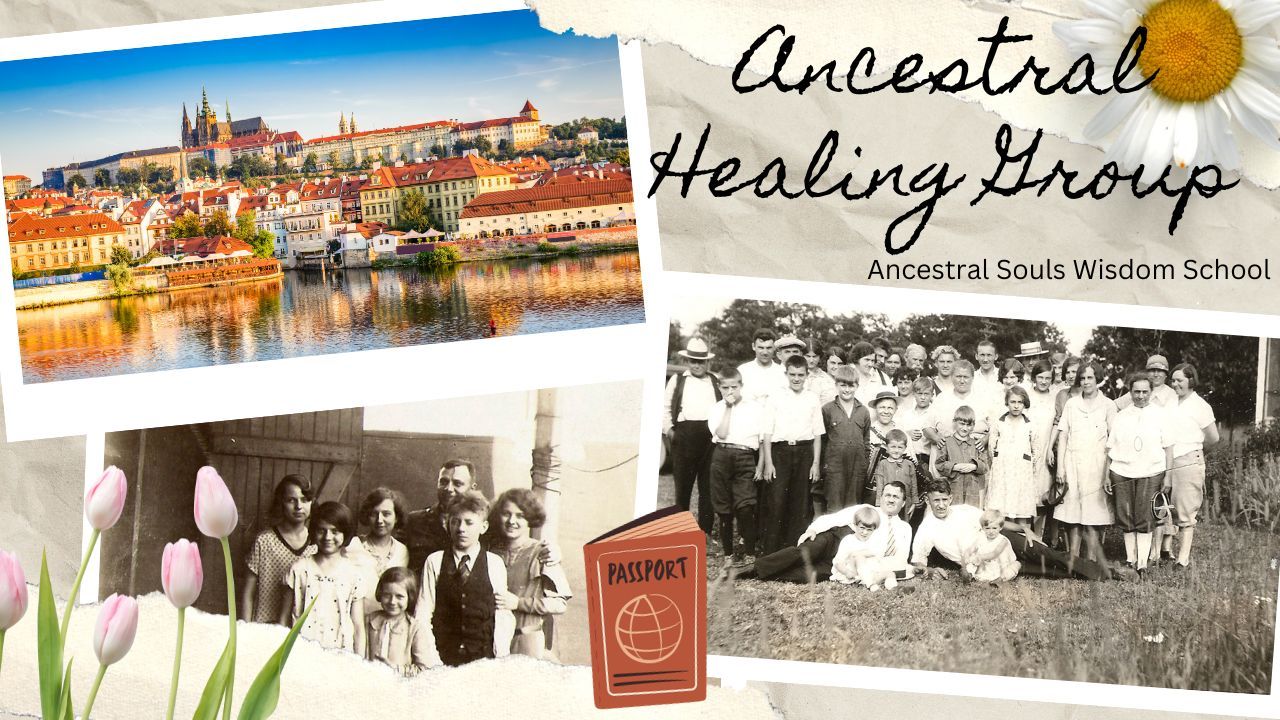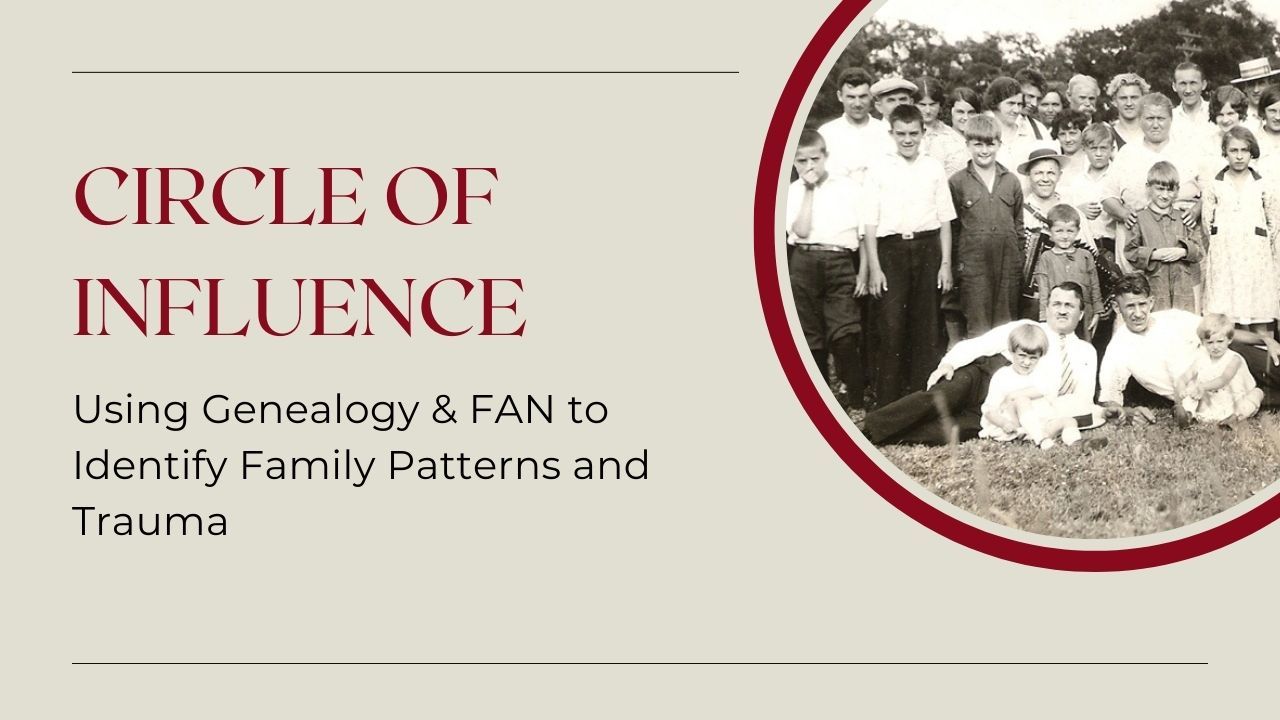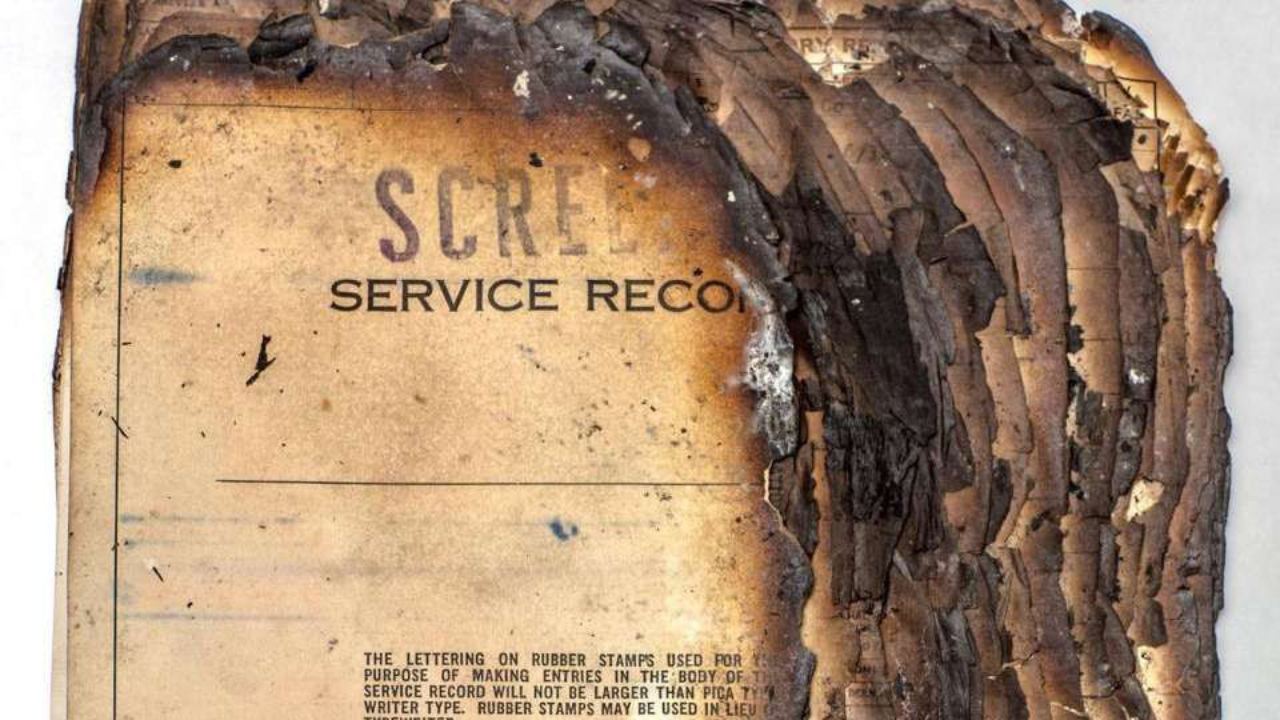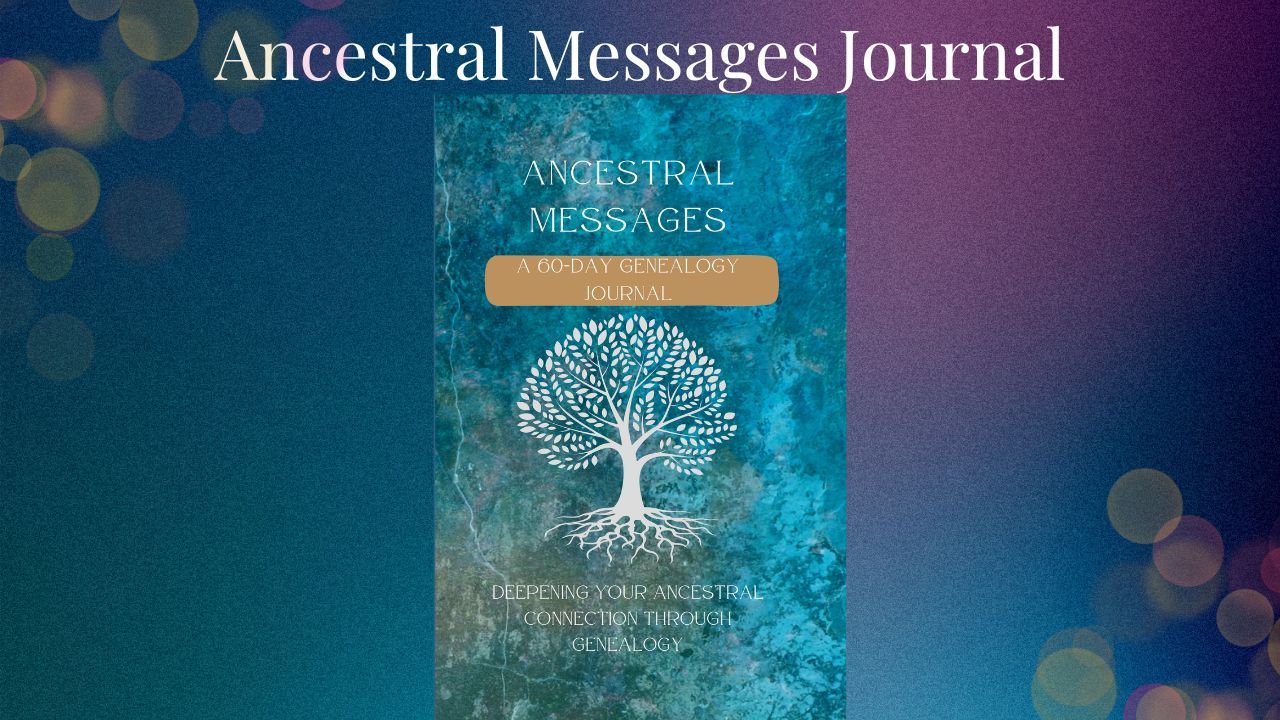Exploring the Mentally Destructive Side of War – Downey VA Hospital
Jul 19, 2021
Do you ever wonder why, if every family was affected by a war, any war, at any point in time, and suffers similar things and have inherited trauma, why we all stay silent? Why we are all sworn to secrecy about what happens behind closed doors? Is it because of the “ugly” words like PTSD, mental illness, schizophrenia, bipolar, depression, neglect, suicide, abuse (mental, physical, emotional, spiritual), violence, murder, mental ward, jail, prison, rage…….that we just do not discuss these things in “polite society”? Isn’t it time we start discussing these things?
Every family, including my own, has family secrets related to what happened in a war and how it affected the family, and the veteran, when the veteran came home, or in some cases, never returned.
Every book I pick up written by the son or daughter of a veteran talks in some way (skirting the issue or being completely honest about their experience) about the issues at home. These children were always sworn to secrecy. Never to talk about it with anyone. I see the same pattern for these children – growing up in a home with issues – they escape and leave as soon as they can, often not returning for decades – they return in some way before or after the parent dies – some reconcile and find peace. Some children must find peace on their own through therapy, religious, or spiritual avenues. We often see this pattern even for those who do not have war trauma in the home – but other forms of trauma whether conscious or subsconscious. I think each of us escapes – whether physically leaving as I did in my 20s – or in some other way – in the hopes that whatever was our issue just disappears. It doesn’t work that way. It always shows up to be dealt with at some point in our lives.
Many children of WWI, WWII, Korean War, and Vietnam War veterans grew up with some level of mental illness or undiagnosed PTSD in the home. Keep in mind, what we know as PTSD today was not the current lingo in WWI. We must be aware of how things were diagnosed in the past for the mental destruction of war – shell shock (WWI) combat fatigue (WWII), numerous named mental illnesses, PTSD (in the 1980s), etc.
With most families experiencing this, why do we not discuss it? Why is this a huge skeleton in our genealogy closets no matter what time period we talk about?
What is the Historical Context of Mental Illness and Mental Destruction by War?
It is important to look at the historical context of mental illness and combat related mental destruction. This helps us understand why there was silence and in many cases, no outside help for the veteran or the family. Ask some questions:
- How were men raised during the time period in question?
- Where men supposed to “BE MEN” and never cry, never show weakness, always be strong, or put it behind them?
- How were women raised during the time period in question?
- Were women supposed to be quiet and obey the men, not rock the boat, protect the children, take the abuse from the men no matter what?
- How were children raised during the time period in question? Were they to be seen and not heard? To hide away when daddy got angry? To be confused or believe it was their fault something was wrong? Remember, children process things differently than an adult and will often make up the puzzle pieces that are missing from the picture creating even more trauma, fear, and pain in their lives.
- What kind of support was there from the VA, community, mental health professionals, and other organizations during the time period in question?
- What were the official diagnoses available during the time period? How were these being treated? Drugs, electric shock, lobotomy, padded rubber isolation room, therapy, writing, other?
Once we explore the historical context, we have a better idea of why our families didn’t discuss this taboo subject. Does that mean we should never open this can of worms and bring these issues to light? Should we never try to heal these parts of ourselves, the inherited trauma we have, and find peace for ourselves and our family (the living and the dead?)
This subject has come up a lot for me personally the last decade as I explore my family’s history and have moved down my own spiritual path. I carry inherited trauma from my parents, grandparents, and back even further for things they experienced or had to hold close, never to reveal. These things are often triggered by events, people, places, experiences I have, and work I do – sometimes leading to confusion on my part as to why something feels so sad or painful to me.
A few weeks ago, one of my dead relatives showed up again in an energy session and made it clear that what I knew about a family member’s war experience was not the whole story (this I knew but was afraid to dive deeper yet). This relative also made it clear I needed to end the cycles of abuse, fear, trauma, and other things in my lineage during my lifetime. I do not need to know exactly what took place or when or who, or relive it, to energetically heal it. In some cases, just acknowledging something took place is enough to help release it from my lineage.
War Related Mental Destruction Creates More Questions
The more I dive into a family member’s war experience and that relative’s messages through my energy session, the more questions I have that no one is alive to answer. Or, if they are alive, I can’t ask the questions because I will be shut down. We cannot push those who are not ready to talk about the past.
Every family historian or military researcher tells me when we start a project or they take my master class, that they wish they would have asked more questions while someone was alive to ask. The thing is, we can ask all the questions we know to ask in that moment, but even when they are gone, we will still discover new things. This creates more questions that we may never find answers to or have to accept energetically the issue is now resolved.
What Does This Have to Do With Downey VA Hospital?
I have done research on several people who were in VA Hospitals for mental reasons, one in Downey, after WWII. I recently read Army Medical Reports of Psych treatment done by doctors on patients in New Guinea during WWII. What I read in those reports shocked me and taught me a lot about psychiatry during the war at home and overseas. I assumed something like electric shock treatment on combat veterans was only done in the states. Nope – it also happened in New Guinea based on these reports, and I’m sure in many other locations during the war.
This new knowledge has made me ask more questions about my own family and my clients’ families. I did some searching on Downey VA Hospital last week and discovered the blog of a former nurse. OldfoolRN is her website. If you click the website link it will take you to tall the articles she wrote about her time at Downey and what took place there for the mental patients. She does point out that this VA was primarily for schizophrenia patients.
I cried as I read some of her posts. Psychology, Psychiatry, and the diagnosis and treatment of mental illnesses have come a long way since WWII. It made me sad to think about what patients went through after the war, knowing what I know today about how we can treat these different illnesses. I learned the conditions of the buildings and rooms in which the patients were held. I discovered it was not a visitor friendly place meaning families probably did not visit their loved ones often. I learned how this one nurse tried to see the patients as human beings rather than messed up individuals with no hope, as she tried different techniques to help them. We must look at the historical context and not judge how things were done then as we read articles like this or histories of these hospitals.
Reading articles like the ones on this blog which talk about a specific hospital, whether or not your family member was treated there, are important to help us understand what took place. Articles like this will help put things into greater context and likely answer some of our questions, of course while bringing up more.
Every new piece of knowledge can help us better understand our families and ourselves. Each piece helps us see the bigger historical picture in context. When we can stand back and observe and not judge, we may discover even more information and heal parts of our lives and the past. While this is a difficult part of family and military history research to move through, I feel it is necessary.
Make sure you read the Hospital Slang article.
How Have You Handled and Healed Family Secrets Like This?
What family secrets have you uncovered that created generations of trauma and issues? How did you handle them? What kind of research did you do to learn more? Were you able to reconcile with the past and the person involved?
If you are interested in learning more about how to identify trauma and other things that impacted your ancestors, be sure to sign up for my mailing list to be notified about upcoming free taster webinars and online classes.
Click the link to learn more and join the Ancestral Cafe Membership Program.
Questions? Contact me at [email protected]
© 2021 Ancestral Souls Wisdom School










